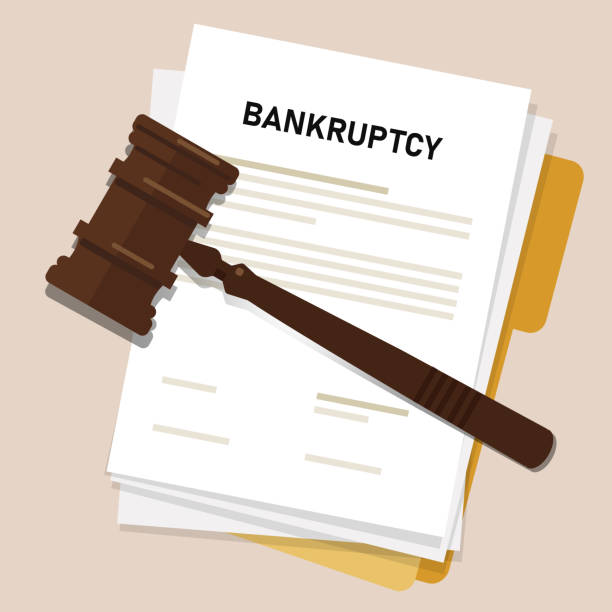Bankruptcy is a legal process that allows individuals or businesses in the UK who are unable to pay their debts to discharge those debts and start fresh financially. It is the last resort option and can have serious consequences, including the loss of assets and damage to your credit rating. If you are considering bankruptcy as a way to deal with overwhelming debt, it is important to understand the process and the potential impacts it may have on your financial future. Here is some information that may help you if you are facing bankruptcy problems in the UK:
- Understand the different types of bankruptcy: In the UK, there are two main types of bankruptcy: bankruptcy under the Insolvency Act 1986 and bankruptcy under the Debt Relief Order (DRO) process.
- Bankruptcy under the Insolvency Act 1986: This type of bankruptcy is available to individuals and businesses. It involves a formal process in which an individual’s or business’s assets are sold to pay off debts. This option is typically only available to those with debts of at least £5,000 and a surplus income of at least £50 per month.
- Bankruptcy under the Debt Relief Order (DRO) process: This type of bankruptcy is available to individuals only. It is designed for those with low income, few assets, and debts of less than £20,000. A DRO can be granted if you do not own your own home and have disposable income of less than £50 per month.
- Understand the consequences of bankruptcy: Bankruptcy can have serious consequences on your financial future. It can result in the loss of assets, such as your home, car, or other property, which may be sold to pay off your debts. It can also have a significant impact on your credit rating and make it difficult to obtain credit in the future.
- Consider alternative options: Before deciding to declare bankruptcy, it is important to consider other options that may be available to you. These may include a debt management plan, a debt settlement plan, or working with a financial advisor to develop a plan to pay off your debts.
- Understand the bankruptcy process: If you decide to declare bankruptcy, it is important to understand the process and what you will need to do. Here is an overview of the steps involved in the bankruptcy process in the UK:
- Applying for bankruptcy: To apply for bankruptcy, you will need to complete an online application form and pay a fee. You will also need to provide information about your debts, assets, and income.
- Meeting with an insolvency practitioner: After you apply for bankruptcy, you will meet with an insolvency practitioner (IP) who will assess your financial situation and help you understand your options. The IP will also provide information about the bankruptcy process and what you can expect.
- Bankruptcy hearing: If your bankruptcy application is approved, you will need to attend a bankruptcy hearing. At the hearing, you will be sworn in and will have the opportunity to provide any additional information about your financial situation.
- Bankruptcy order: If the bankruptcy order is granted, you will be declared bankrupt and will be required to comply with certain obligations, such as providing information about your assets and income to the IP.
- Comply with your obligations: If you are declared bankrupt, it is important to comply with your obligations, as failure to do so can result in further consequences. These may include the loss of your bankruptcy discharge or the extension of your bankruptcy period.
- Seek professional help: If you are considering bankruptcy or Declaring bankruptcy in the UK, it is important to seek the help of a financial advisor or a debt counselling service. These professionals can provide guidance
By choosing a qualified and competent bankruptcy advisor, you can help of Acme Credit Consultant, increase your chances of successfully navigating the bankruptcy process and getting your finances back on track. Acme credit consultant is the best debt management company in UK.

